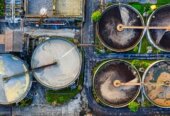
How high can rates go? Photo: RDNE Stock, Pexels.com
An early return to the debating chamber today for Waipā councillors to flesh out double-digit rates increases has been cancelled so staff can grapple with a long-term plan thrown a huge curve ball last month by the new government
The Three Waters reforms, opposed by most local authorities including Waipā, is off – so costs from 2027, which were to be transferred to the mega water authority – are back in.
The impact on the council’s long-term planning and rates is significant, Strategy manager Melissa Russo warned councillors at an emergency council meeting four days out from Christmas.
A campaign discussing the rate increases, signed off by councillors last year, will be in “black and white”. Council public relations staff say it signifies a no-frills approach and would enable the campaign to stand out in an advertising “sea of colour” environment.
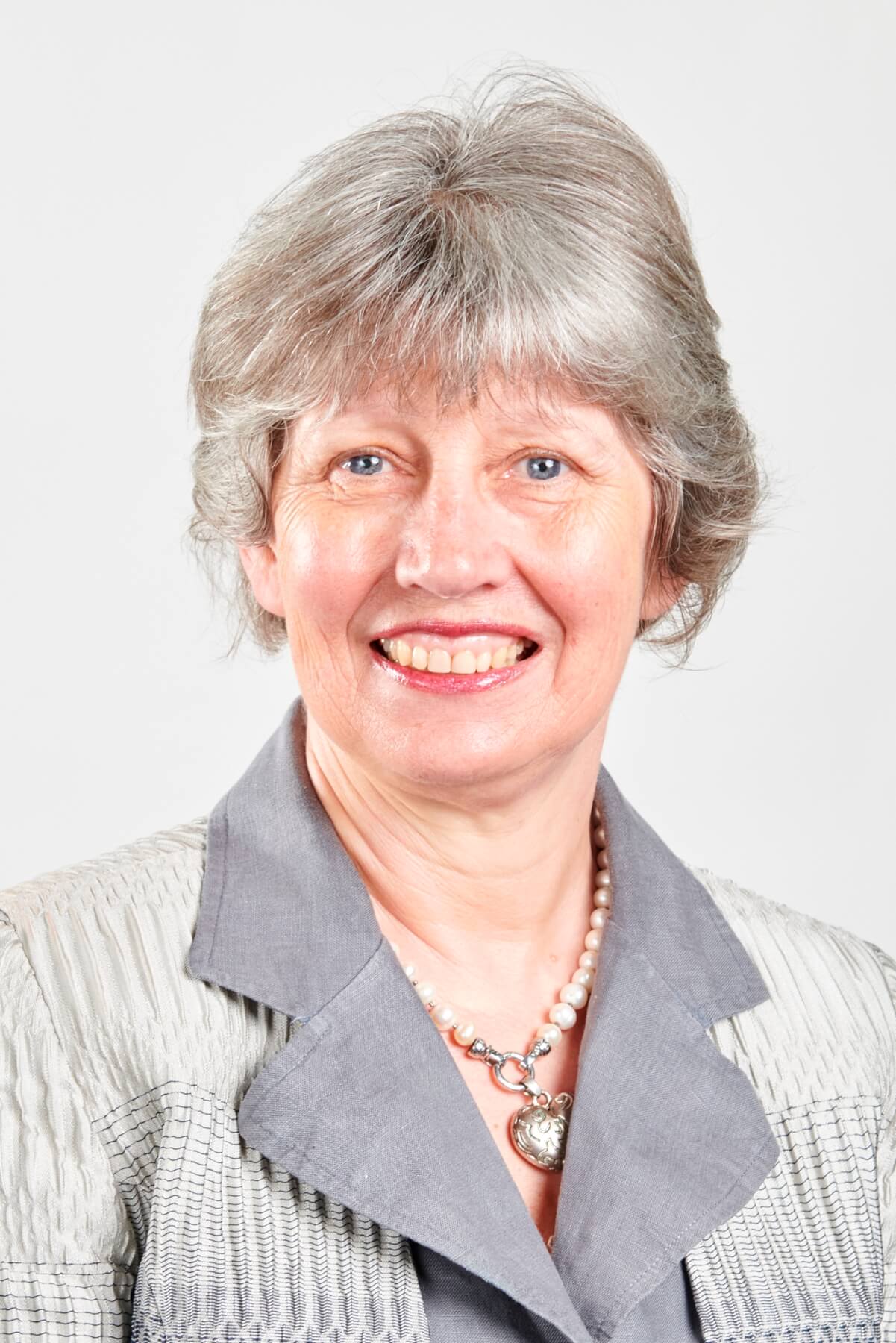
Clare St Pierre
One councillor – Clare St Pierre – is already on record as saying she is concerned the long-term plan consultation is happening the same time as discussion on Ahu Ake, Waipā’s blueprint spatial plan for the next 30 years. It will say the district’s future looks bright.
D-day for councillors to get a handle on how the books look now with water back in is only 12 days away. Sources say the proposed cumulative three year rise of 38.9 per cent is at risk of creeping up to 50 per cent.
Finance staff will present a revised budget at a council workshop on January 30.
Councillors will look again at capital heavy projects in Cambridge – the Town Hall upgrade, new library/community hub and Water Tower – and district-wide the Te Ara Wai land wars museum in Te Awamutu and recycling.
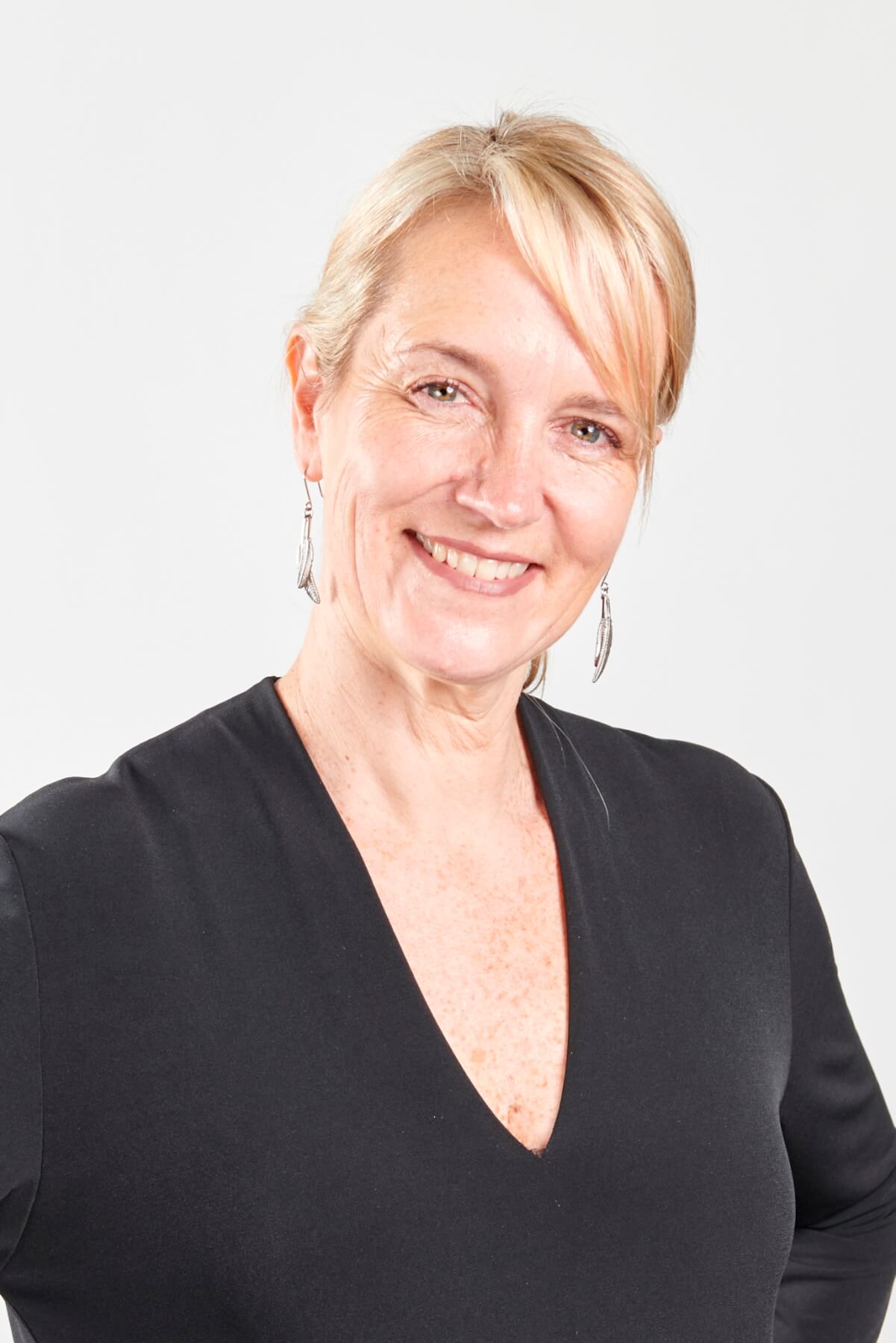
Susan O’Regan
St Pierre said at one of the council workshops last month that Cambridge featured too heavily among the projects. “It’s a little bit skewed,” she said.
Mayor Susan O’Regan said at the same workshop she was concerned Waipā had too many big projects on go.
“I’m anxious in the climate we are in financially… I just want us to bear in mind that is where those dollars are falling currently,” said O’Regan, who favoured pushing the new Cambridge library/community project out further.
Councillors will drill down into other costs such as community grants and funding of external organisations.
Costs for Cambridge’s new $105 million wastewater treatment – due to be up and running by 2026 – will come back to council.
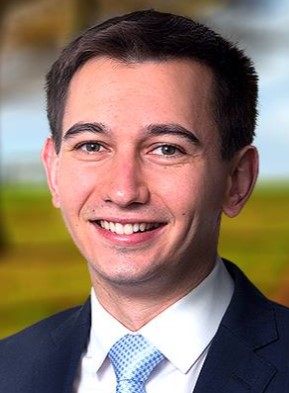
Simeon Brown
Waikato Regional Council put stringent conditions in place when it granted a 35-year resource consent for the plant last year.
There could be thousands of dollars in savings from Local Government Minister Simeon Brown’s announcement council’s consultation documents will not have to be audited.
Waipā would look to “peer review” instead using what it says would be from a qualified and credible third party.
But that is at odds with a warning from Auditor-General John Ryan last year that there is a lack of transparency in some councils’ finances.
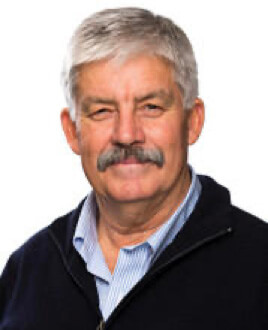
Don Good
Waikato Chamber of Commerce chief executive Don Good said he would look closely at what Waikato councils would settle on for their rates and which “pet projects” would be dumped in favour of core functions.
Ratepayers should be asking what led to double digit rate increases and which decisions “led to this state of affairs and who authorised the overspending.”
Could it be an issue of governance, he asked members last week.
“For voters, fiscal prudence and hard decision-making will be among the key performance indicators for our local politicians over the next two years.”
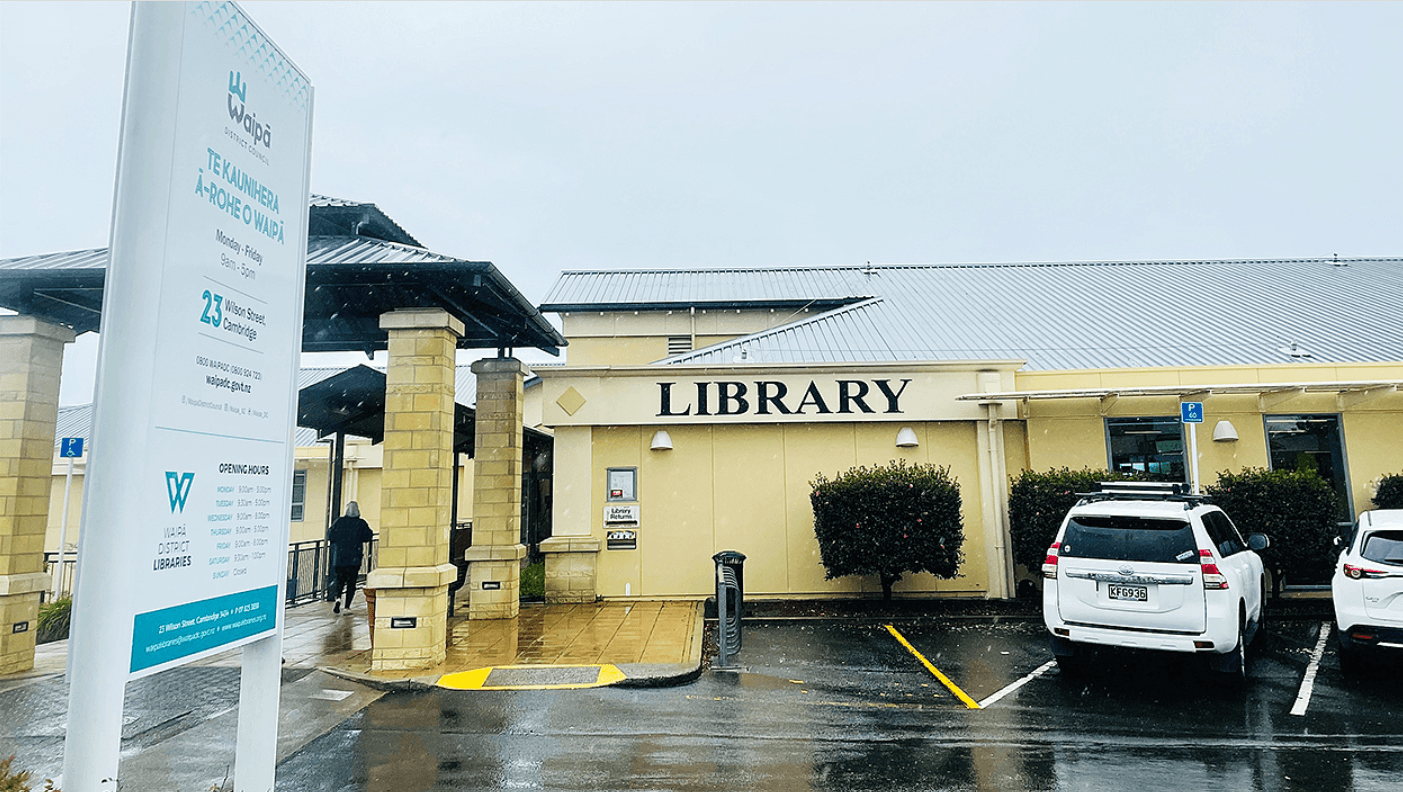
Cambridge wants a new library.
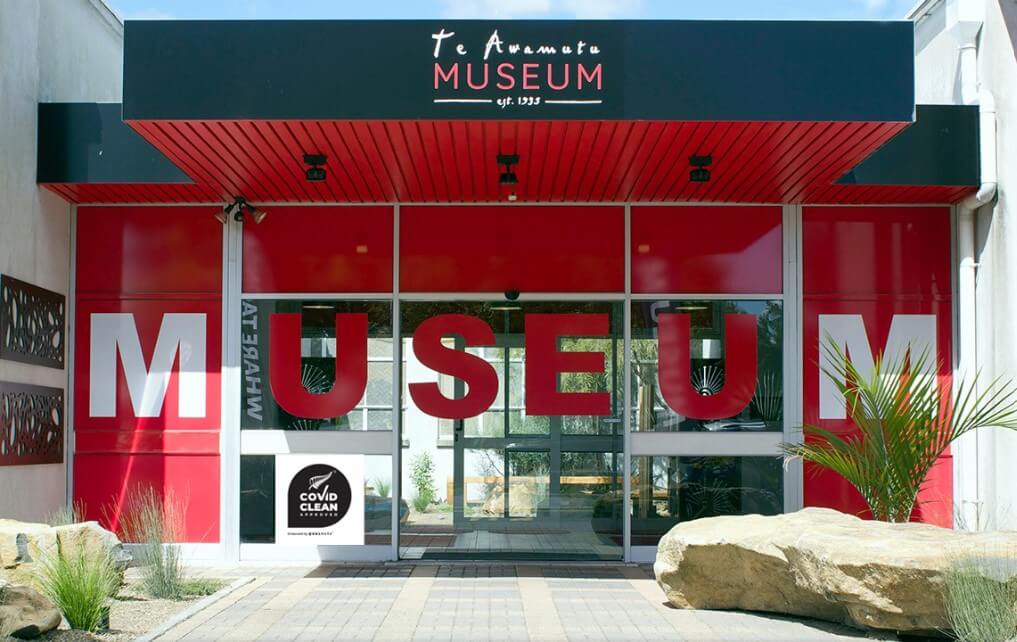
The old Te Awamutu museum building was closed, but there are plans to build a land wars museum.








